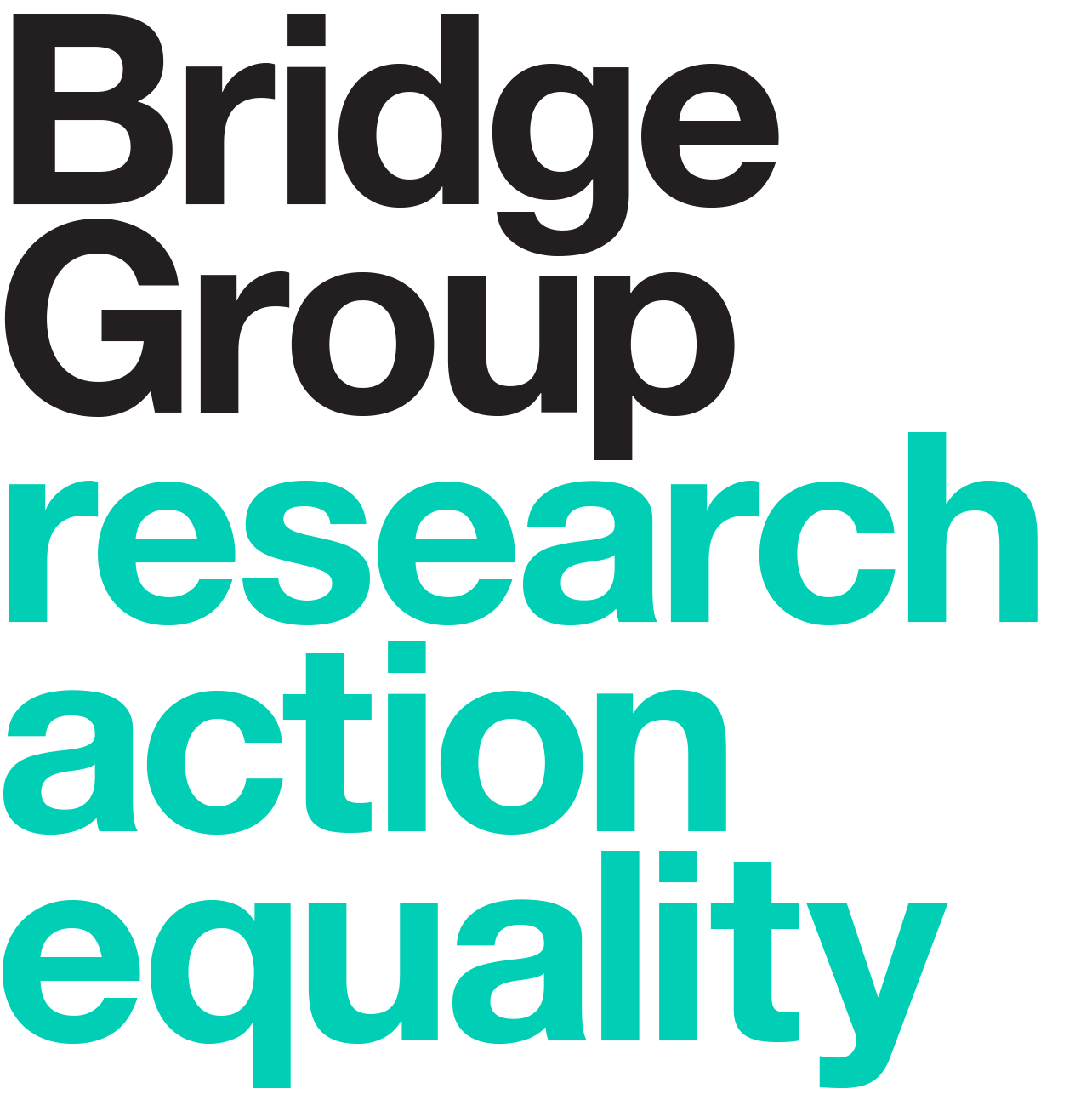KPMG progression gap analysis
Bridge Group analyses KPMG's employees’ progress in new report
In the biggest ‘progression gap’ analysis ever published by a business, the Bridge Group has analysed the career paths of over 16,500 partners and employees at KPMG over a five-year period. The team examined the average time it took individuals to be promoted, looking at their gender, ethnicity, disability, sexual orientation as well as socio-economic background.
The data showed that socio-economic background, measured by parental occupation, had the strongest effect on how quickly an individual progressed through the firm. Individuals from lower socio-economic backgrounds took on average 19% longer to progress to the next grade, when compared to those from higher socio-economic backgrounds.
Nik Miller, Chief Executive at the Bridge Group, said:
“Driving greater social equality is the defining societal and economic challenge of our time. There remains a proven link between someone’s social background and their educational and employment outcomes and social inequality is estimated to cost the UK £39billion per year. It is exacerbating lower levels of productivity, poor mental health, and diminishing people’s life expectancy.
“Progression is one of the truest indicators of inclusion in an organisation, across all and any diversity characteristics. KPMG’s research is pioneering, and we commend the firm for its leading-edge approach. The more we can highlight and understand the impacts of socio-economic background, including how it affects progression, the more we can create more equal outcomes for all. Talent and productivity must always be the basis for hiring and progression, and certainly prioritised over background.”
Jon Holt, Chief Executive of KPMG in the UK, said:
“This study is pioneering in its scope, and I hope adds value and rigour to the debate around social mobility. As a firm these insights are enabling us to take targeted action and we are publishing our findings so other organisations can draw insights from them and use it as a blueprint to measure and address barriers in their own businesses.
“Socio-economic background is complex and emotive. It requires us to confront how our upbringing shapes the opportunities we have access to later in life. But as businesses we need to lean into this discomfort if we are to make progress. Career advancement should be about realising potential, and not someone’s background or ‘polish’.”
Read more about the report here.
